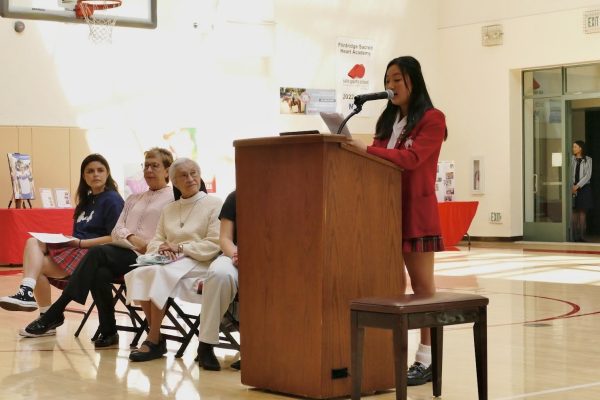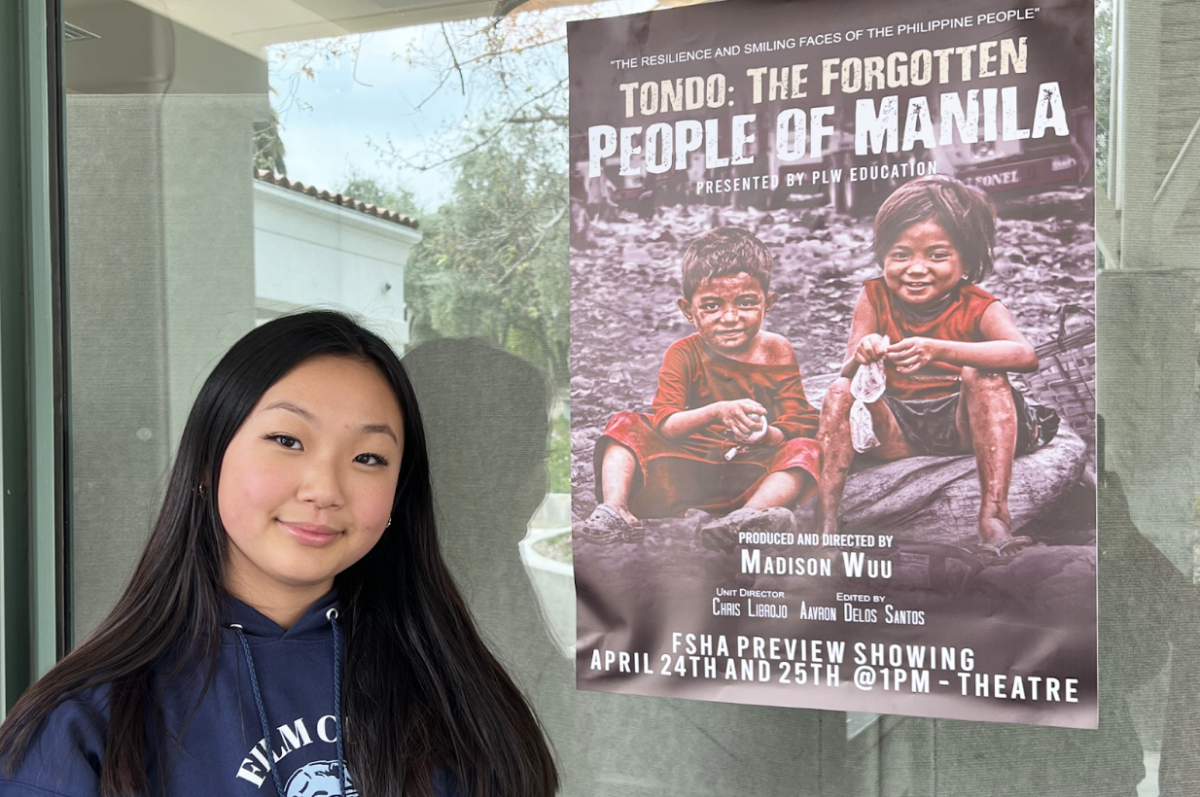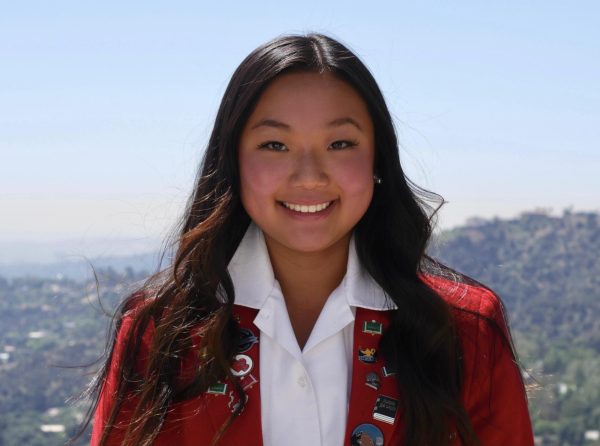I grew up in two places at once: suburban Los Angeles and the bustling city of Manila. While in the Philippines, where I lived for eight years, I found my calling through the artistic form of filmmaking and gained a profound understanding of bridges that span 8,000 miles.
I was seven-years-old when I moved to Manila. During bus rides, I’d press my face against the window to take in my new surroundings bursting with colorful street art and busy wet markets. Amid bumper-to-bumper traffic, jeepney engines (a popular mode of communal transport in the Philippines) roared to life, filling the air with clouds of smog. Nearby, men fished in the waters of the Pasig River while kids gleefully splashed around. I’d never imagined a place teeming with so much life, and I soon began to capture it all on video using my first-generation iPod.
By fifth grade, I discovered a budding passion when my friends and I began to capture and edit fun videos. Watching the magic of our stories unfold inspired me to further explore and take my first film course at school. There, I learned to use tripods and lighting equipment to create beautiful shots. I discovered the power of intentional cuts and montage to engage the viewer with a visual narrative.
A year after moving to California during high school, I revisited Manila to film a documentary about Tondo, a socioeconomically challenged district in the heart of Manila and the largest slum in the Philippines. This was my first big production experience during which I gained skills in storyboarding, interviewing and cinematography.
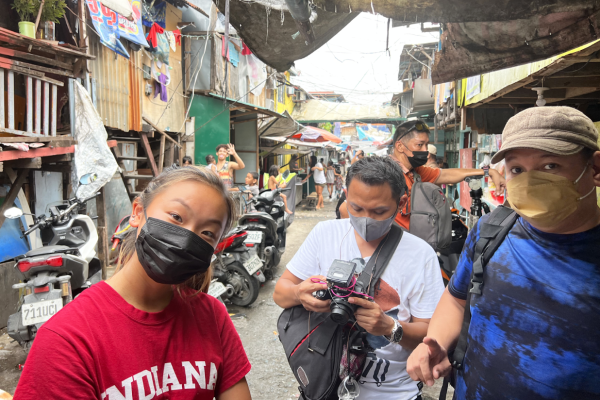
As I strolled through the lively streets of Tondo, my camera lens anchored me into the community. Each shot captured a burst of colors, from the vivid hues of painted humble dwellings to the vibrant clothing gracefully swaying on clotheslines. Nearby, I spotted Ronald, a one-armed basketball player, skillfully dribbling past his opponents on a makeshift basketball court. With impeccable aim, he took a shot, and the ball smoothly swished into the net. His teammates erupted in cheers, their smiles wide as they exchanged enthusiastic high fives.
The beauty of film lies in capturing untold stories. Moreover, it’s a powerful tool for inspiring, connecting and evoking raw emotion within a wide array of audiences. The message of my film, Tondo: The Forgotten People of Manila, is that happiness isn’t based on having everything, but rather on being content with what one has. I produced this documentary primarily to raise awareness about the wealth gap in the Philippines. Through portraying the realities of those experiencing extreme poverty in Tondo, and highlighting the kind and faithful spirit of the Filipino people, I aimed to inspire global collective action for both those featured in my film and the community at large. Achieving this goal meant the world to me.
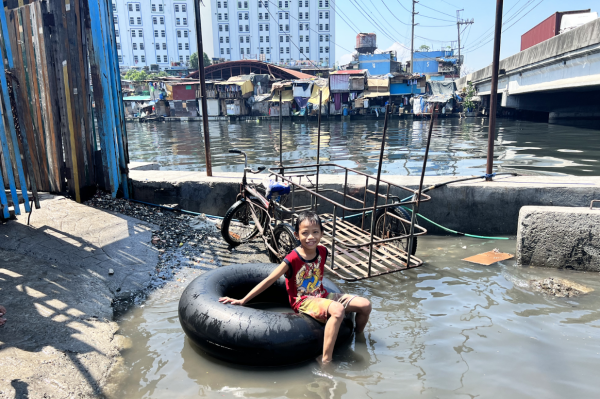
Last October, my film was shortlisted as a finalist for Best Documentary Short at the 2023 Little Venice Film Festival, which spotlights marginalized voices in cinema. Last April, I also had the opportunity to premier my film before students and faculty here on the Hill, successfully bridging my two worlds. It was satisfying to see my work form a bond with students and adults who responded by donating to help people featured in the film. In fact, the funds I’ve raised have enabled me to directly help many individuals featured in the film, including squatter Maraivic and her daughter. In the film, Marivic expressed her one wish: for her daughter to receive an education. We’ve since been able to enroll her in school and will continue to do so in the years to come. We’ve also assisted Marivic, a victim of spousal abuse, by providing treatment for her arm, which worsened due to her inability to access healthcare.
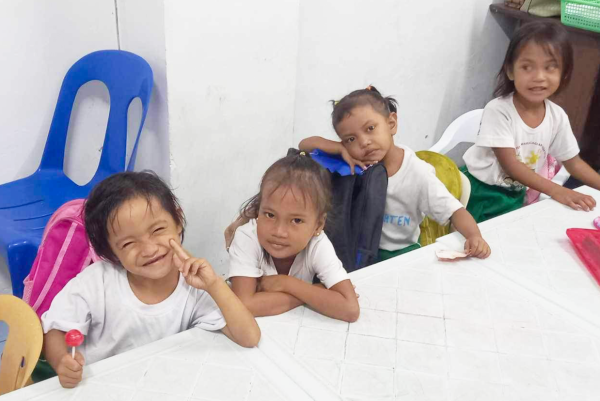
I’m not done telling stories and giving voice to the unheard. As I pursue a career in documentary filmmaking at Dartmouth College next fall, I’ve arrived at the intersection between sociology and filmmaking. I want to spark change by encouraging people to value those they meet along the way. I want to make the world a kinder place through the stories I tell.
